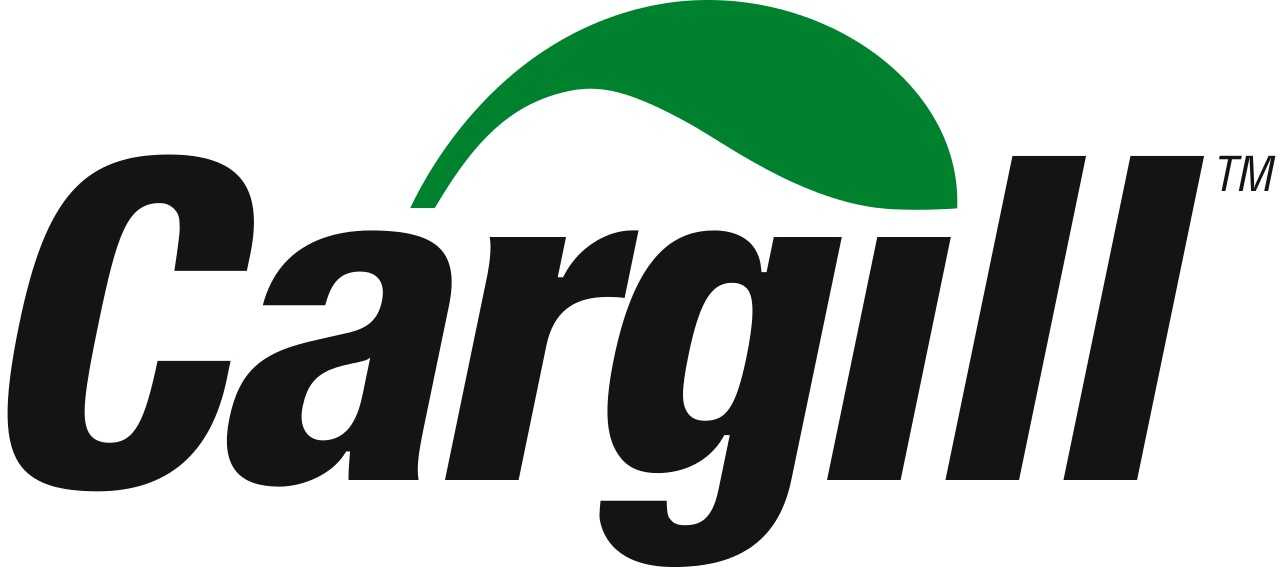SCHIPHOL, Netherlands – As part of ongoing efforts to tackle child labor in the cocoa sector, Cargill is building on existing partnerships to expand the reach of its child labor monitoring and remediation systems (CLMRS).Together with the International Cocoa Initiative (ICI), Cargill has started programs in Ghana and Cameroon, complementing the work already underway in Côte d’Ivoire.
Cargill has also started additional programs with partner NGO Save the Children. After carrying out a tailored risk assessment, the company is establishing a locally adapted CLMRS in Indonesia.
In January 2020, a program was also launched in Côte d’Ivoire on training and entrepreneurship for at risk youth in cocoa communities. These are additional milestones in Cargill’s journey towards establishing child labor monitoring and remediation approaches in all five of its direct cocoa sourcing countries by 2025. To date, these efforts have reached 58,000 farmers in West Africa.
Cargill works with cocoa-farming communities to identify, remediate and prevent child labor through community-based interventions, access to education, training and entrepreneurship initiatives. The company tailors CLMRS to meet the unique needs of each community to increase impact.
“Community Wellbeing is a long-term goal and addressing child labor is a cornerstone of our vision of a more sustainable cocoa supply chain,” says Taco Terheijden, Cargill director of cocoa & chocolate sustainability. “We need to make sure that the solutions we are recommending are relevant, appropriate and scalable. Collaborating with NGO partners that have longstanding experience in these origin countries is the key to ensuring that our efforts are effective, and that no child is left behind.”
In the past year, Cargill, in collaboration with expert partners on the ground, launched several new initiatives to identify and tackle the root causes of child labor in cocoa-growing communities from which it directly sources cocoa.
In Cameroon, Cargill has been working since September 2019 with longstanding partner, the ICI, to establish a CLMRS in the country – making it the first cocoa supplier to do so. Supported by a Dutch governmental grant, a pilot program has already reached 4,000 farmers, with plans to expand this further by the end of 2020.
“Working directly with farmer coaches and cooperatives, the pilot program was designed as part of a risk-based approach – monitoring all households and farmers in the community against risk indicators such as the presence of a local school or number of children in the household,” explains Matthias Lange, Director of Policy and Programs at the International Cocoa Initiative. “This approach will allow us to identify the communities at the highest risk of child labor and develop remediation plans accordingly.”
In Ghana, Cargill has been working with ICI and longstanding NGO partner CARE to introduce a community-based approach to CLMRS that involves training women and youth to conduct surveys on child labor and coordinate data collection systems in their own communities. Based on this data, specific remediation plans can be developed to address incidents of child labor. Currently, the effort reaches over 8,000 farmers in 56 communities. The next step is to scale up the initiative to all 150+ cocoa growing communities in Ghana from where Cargill directly sources cocoa.
In Indonesia, together with partner Save the Children, Cargill is implementing a new CLMRS program in the South Sulawesi communities of Bone and Wajo. The program is a follow-up to an initial risk assessment of child labor in the Indonesian supply chain that was conducted by Embode. Shaped by the Community Based Child Protection Committees (CBPC) model, this program will be a robust monitoring and remediation approach designed to protect children and to promote their rights.
“To effectively address child labor, it’s essential we work with impacted families to understand how and why they rely on child labor,” states Perry Yeatman, head of corporate partnerships at Save the Children. “With the help of local communities who interact directly with farmers, we’re hoping to reach up to 20,000 Indonesian farmers within three years.”
Also in partnership with Save the Children, Cargill in Côte d’Ivoire, is implementing a program for youth (ages 14-17) to receive coaching and vocational training. Cargill has identified more than 500 out-of-school youth at risk of child labor through its CLMRS in Côte d’Ivoire, implemented in partnership with ICI. The program will result in reduced child labor amongst youth and provide them with valuable life skills for adulthood.
As part of Cargill Cocoa & Chocolate’s Community Wellbeing goal, the business is committed to ensuring that child labor monitoring systems based on regional and local needs are in place in Brazil, Cameroon, Côte d’Ivoire, Ghana and Indonesia by 2025, along with remediation systems and community-based interventions that directly improve children’s wellbeing. Enhancing community wellbeing to create thriving cocoa communities where children stay safe, complete their education, and fulfill their potential is one of the business’s five sustainability goals. This is part of the wider Cargill Cocoa Promise and the company’s commitment to improving the lives of one million cocoa farmers and their communities by 2030.










